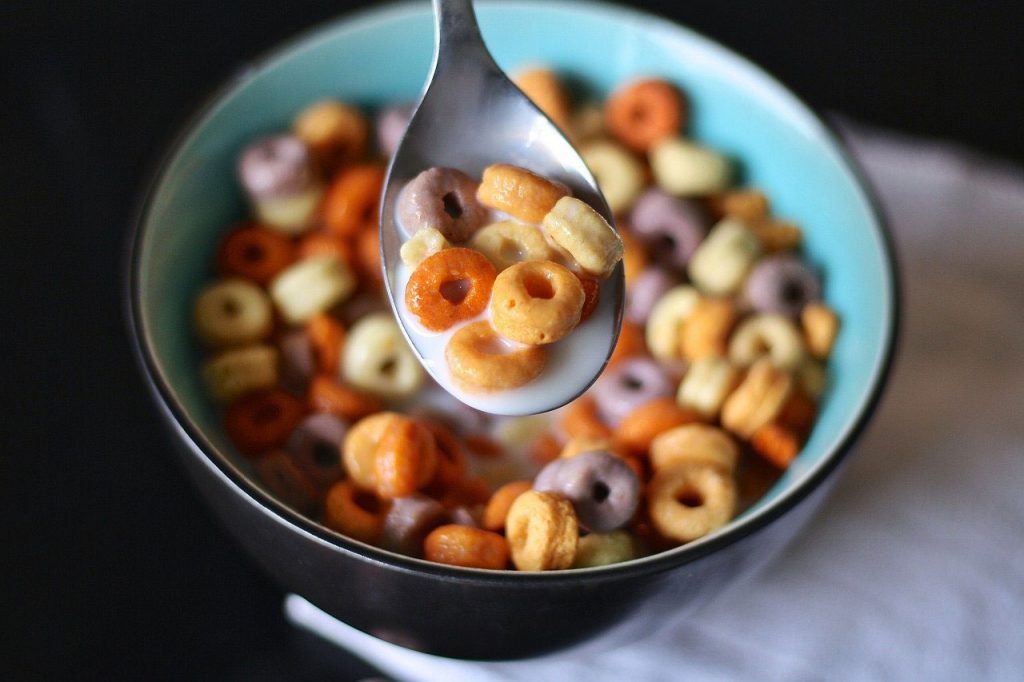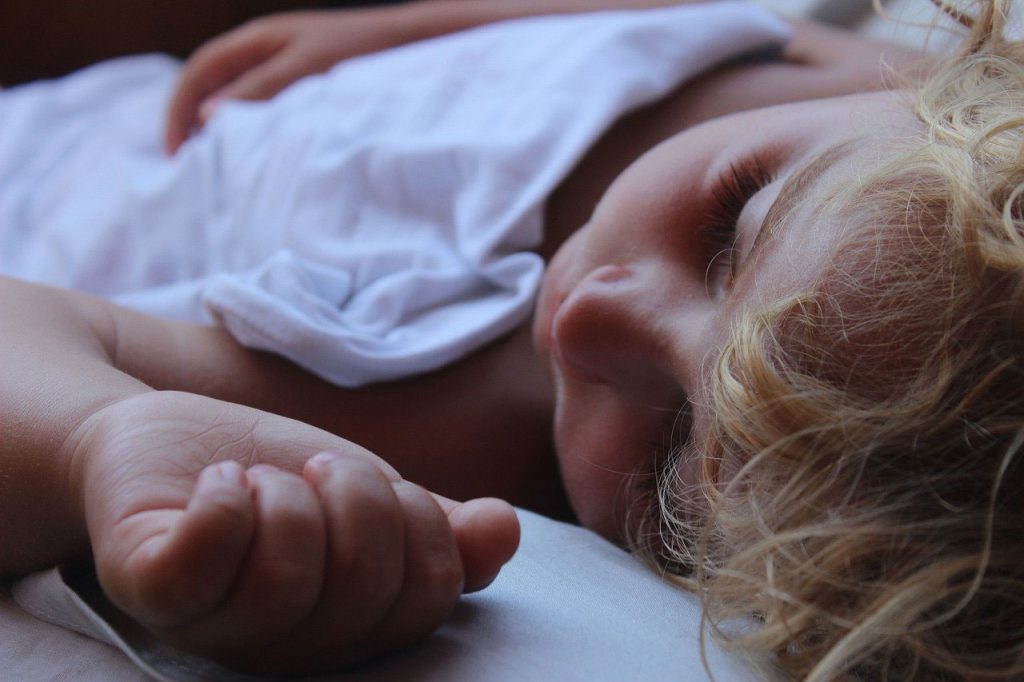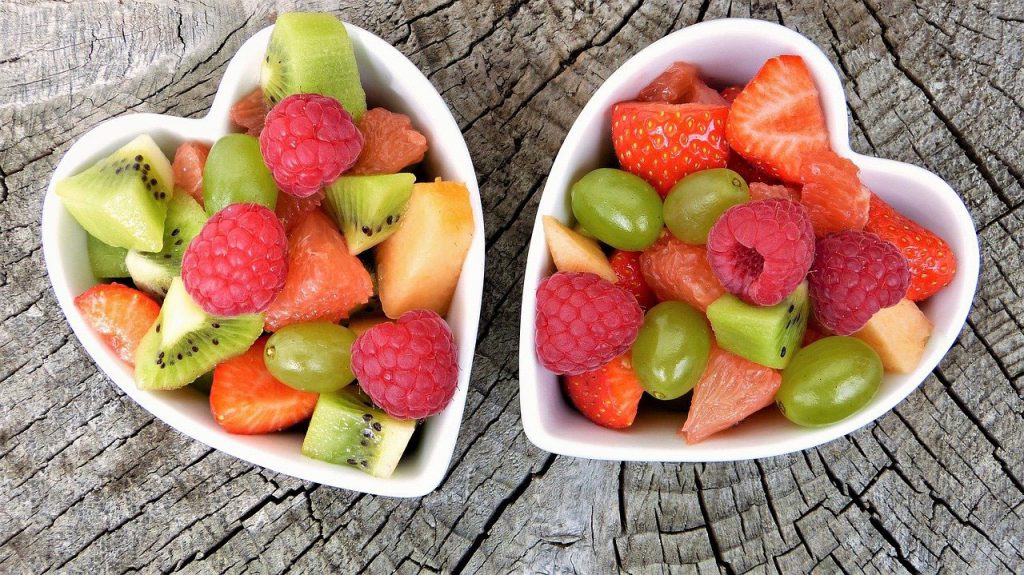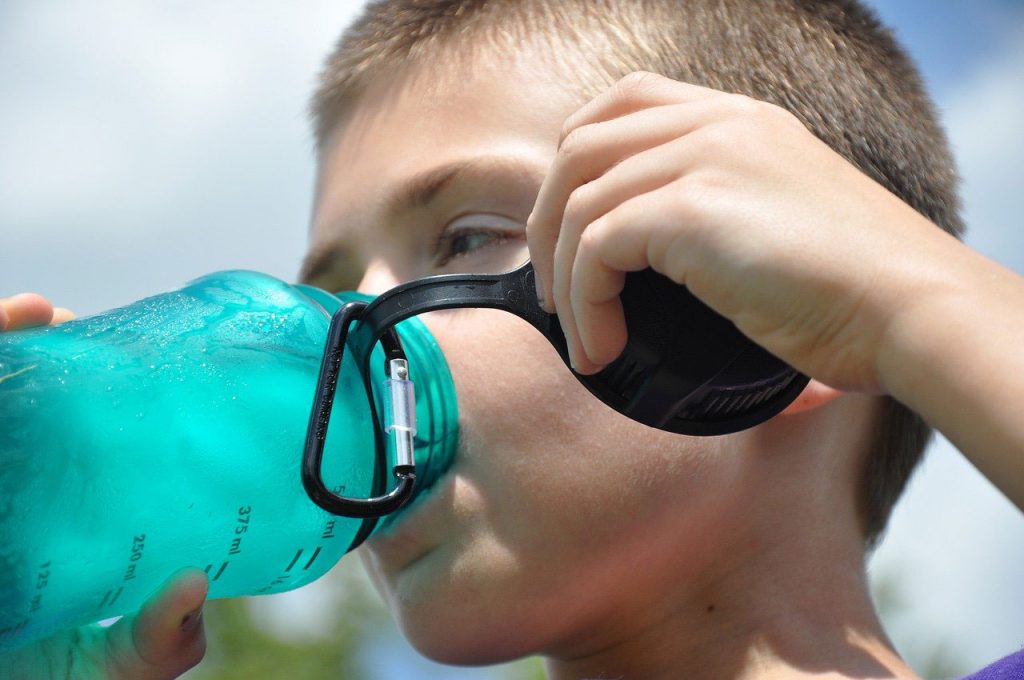How much does Food and Sleep really affect our Lives?
Does what we Eat affect how we Sleep? Does how we Sleep affect what we Eat? And how serious are our choices? These are the simple yet important questions we’ll explore this week.
I love the changing seasons, my favourite, by a smidge, has to be summer (perhaps not the typical British summer) closely followed by winter, which is swiftly catching us up. You can’t beat an early morning dog walk when it’s cold and crisp and the sky is blue – ok, ok, more like taking a rain check every day! But even when it’s wet and grey, there’s something pretty magical about being out in the elements then returning to a warm and cosy home to hunker down, getting snug as a bug in a rug (having wrestled with a wet, soggy, muddy Barkley Bear, who now stinks to high heaven – let’s skim over that bit!|). However I do find that my enthusiasm to make healthy food choices becomes more of a challenge and I notice that my children are ploughing their way through a pack too many Maryland cookies (with a little help from me too!). Comfort food is just so appealing during the winter months- but unfortunately it’s often loaded with sugar and all sorts of bad (but they taste so good) additives. This got me thinking about the relationship between diet and sleep and whether one does indeed affect the other.
Sleep is one of the most important requirements in life – period. We need sleep to function, recuperate and rejuvenate – when it’s lacking we become pretty unbearable. Lack of sleep can cause a whole host of unwelcome side effects; moodiness, irritability, lack of concentration just to name a few – but can it also impact our food choices?

New research from the British Nutrition Foundation (BNF) was undertaken during BNF Healthy Eating Week, which took place in June 2019. They surveyed 6,018 primary and secondary school students aged 7 – 16 years, and 1,576 adults from across the UK, where participants were asked questions about their night time routines, sleep, and eating and drinking habits on the previous night. The following results were highlighted:
- 43% of adults reported sleeping less than the recommended minimum of 7 hours.
- 32% of primary school children reported sleeping less than 9* hours.
- 70% of secondary school children reported sleeping less than 9* hours.
Wow! These results certainly don’t bode well for maintaining a happy household, particularly if you have a few tweens and teens in the mix. Not only are a high percentage of children not getting enough sleep, their research also linked poor sleep quality to less healthy food choices – showing
that diet and other lifestyle choices can be sabotaging efforts to get those much needed ZZZ’s.

Dr Lucy Chambers, a Senior Scientist at BNF commented:
“BNF Healthy Eating Week promotes and celebrates healthy living by focusing on five health challenges which workplaces and schools are encouraged to take on: have breakfast, have “5 a day”, drink plenty, get active and, new for this year, sleep well. With more and more emerging research linking lack of sleep to poor dietary choices, and the burgeoning obesity crisis in the UK, we are keen to place a new focus on sleep this year – looking into how well we’re actually all sleeping, and providing advice and resources to help improve sleeping habits”.
‘Sleep Well’ is a new focus for this year’s BNF Healthy Eating Week and it’s aimed at highlighting the correlation between why getting enough good quality sleep is a key element of a healthy lifestyle. Other key elements of BNF Healthy Eating Week include:
- The importance of starting the day with a healthy breakfast
- Drinking plenty of fluids
Both of these seem a fairly simple and achievable task, however their findings suggest that many of us aren’t getting a good start to our day.
Their survey revealed startling results:
- 1/4 secondary schools students reported not having anything to eat before school on the day of the survey
- 1/10 primary school students reporting that they did not eat breakfast that day
- 34% of adults did not have anything to eat before starting work on the day of the survey, although this does not take into account those who might eat breakfast while working
- Of those who did have breakfast, only 1/4 of adults (24 percent) and 17 percent of secondary school children reported including any fruit or vegetables
- 1/4 of secondary school students, and 14% of adults, didn’t drink anything before starting their work or school day that day

BNF research also identified that only about 1/3 of secondary and primary school students felt well rested or wide awake when they woke up and 32% of secondary school students said it took them more than ten minutes to get out of bed after their alarm went off. Dr Chambers commented:
“The implications of a bad night’s sleep can go much further than feeling tired. Where lack of and disturbed sleep can lead to both adults and young people feeling grumpy and irritable, regular poor quality sleep can have a negative impact on dietary choices, including higher intakes of calories and more frequent snacking on less healthy foods. The BNF’s Task Force report: Cardiovascular Disease: Diet, Nutrition and Emerging Risk Factors published earlier this year, highlighted that lack of sleep, and interrupted sleep, may be linked to an increased risk of heart disease, stroke, type 2 diabetes, obesity, and hypertension.”
This is serious stuff, not only can poor sleep affect our diet (and poor diet can affect good sleep) the effects are far reaching and could impact our future health. The challenge that many parents face with their children is a double edged sword, establishing both healthy sleeping and eating patterns.

As a parent I appreciate that mornings are a pretty hectic occasion – throw a mischievous, lolloping Golden Retriever and a snooty British Shorthair (our cat Sushi) into the mix, both demanding their not-so-appealing first meal of the day, there’s potential for disaster! However once we are all fed and watered, I feel we’re better equipped to tackle the day ahead. Dr Chambers reinforces the importance of not skipping on breakfast:
“Breakfast helps to get the day off to a good start by providing the energy and nutrients the body needs for good health and it’s also a great opportunity to make a start on your 5 a day.”
Evidence also suggests that offering a “breakfast” snack before bedtime (rather than opting for fruit) can aid children’s sleep. Foods that combine protein and carbohydrates, such as oatmeal with milk, toast with peanut butter or scrambled eggs, form amino acids that act like tryptophan (the chemical that makes you sleepy) and can be beneficial for improving sleep patterns.
So, before we blame the cold weather and winter months for us hankering after comfort food, perhaps we should take a look at whether we’re all getting enough well-earned sleep.

Now for a little entrepreneurial opportunism – our little Online Enterprise Cuckooland have an amazing selection of kids beds that will help make bedtime a dream… hopefully both you and your children can then get your full quota of ZZZ’s every night! There, done, shameless shout-out over.
For healthy meal and snacks inspiration take a look at the NHS Change for Life website where you can find a whole host of recipes and ideas. The British Nutrition Foundation also has a super informative website for educating your kids, and yourself, about food and nutrition.
Now if you’ll excuse me, I’m going to take a break and chow down on my Mary… err, healthy mid morning snack… fabulous fruit salad.
* The recommended minimum hours of sleep is age-dependent and ranges from 9.5 to 11.5 hours for primary and 9 to 9.5 hours for secondary, source: NHS.



